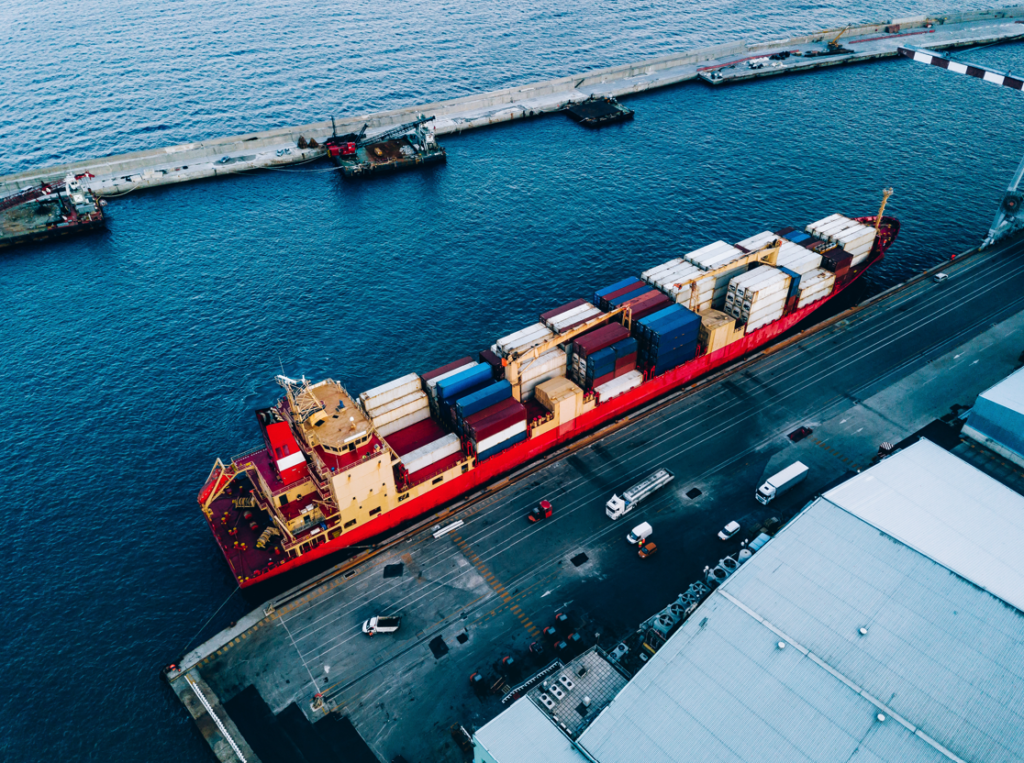
The maritime industry is the lifeblood of global trade, connecting nations, and facilitating the transportation of goods and people across the seas. At the heart of this vast industry lies a diverse fleet of vessels, each playing a unique role in the complex web of international commerce. Among the unsung heroes of this industry are marine diesel vessels, which power a significant portion of the world’s maritime traffic. In this blog post, we’ll explore the crucial role of marine diesel engines and their importance in keeping the maritime industry sailing strong. We’ll delve into the benefits of these engines, focusing on their power, efficiency, and environmental considerations, and provide real-world case studies that illustrate their significance.
Powering the Maritime Industry
When you think of ships, you might envision the majestic sails of tall ships or the sleek profiles of modern cruise liners. While sails and electricity do power some vessels, the backbone of the maritime industry is driven by diesel engines. These engines provide the necessary muscle to navigate the vast oceans and transport goods, making them essential for commerce, shipping, and defense.
- Power: Marine diesel engines are renowned for their power and reliability. The high torque produced by these engines allows ships to carry heavy cargoes and navigate through various sea conditions, making them a backbone of the shipping industry. From container ships to oil tankers, marine diesel engines provide the thrust needed to keep commerce flowing.
- Efficiency: Efficiency is a critical factor in the maritime industry due to long journeys and high fuel consumption. Diesel engines are known for their fuel efficiency, which ensures that vessels can travel great distances without constant refueling. The ability to generate power while maintaining fuel economy is a cornerstone of marine diesel engines, contributing to the industry’s sustainability.
Environmental Considerations
The environmental impact of the maritime industry has come under scrutiny in recent years due to concerns about air and water pollution. Fortunately, marine diesel engines have made significant strides in becoming more environmentally friendly. New technologies and regulations have helped mitigate their environmental impact in the following ways:
- Emission Control: Marine diesel engines have seen substantial improvements in emission control. Advanced exhaust gas cleaning systems, known as “scrubbers,” help reduce the release of harmful pollutants into the atmosphere. These systems capture and treat emissions, making vessels compliant with stringent emission regulations.
- Fuel Quality: The use of cleaner and more efficient fuels, such as low-sulfur diesel, has become standard in the maritime industry. These fuels produce fewer pollutants when burned, further contributing to a greener industry.
- Alternative Fuels: As the global focus on sustainability grows, many shipping companies are exploring the use of alternative fuels like LNG (liquefied natural gas) and biofuels. These options offer reduced emissions and environmental benefits, showing a commitment to greener maritime operations.
Case Studies
To understand the importance of marine diesel vessels in the maritime industry, let’s look at a few real-world examples of their role in action:
- Maersk Triple-E Class Container Ships: Maersk Line, one of the world’s largest shipping companies, operates the Triple-E class container ships. These massive vessels rely on cutting-edge marine diesel engines for propulsion. Known for their fuel efficiency and reduced emissions, these ships showcase how marine diesel engines contribute to sustainable shipping.
- Royal Navy’s Aircraft Carriers: The Royal Navy’s Queen Elizabeth-class aircraft carriers, including the HMS Queen Elizabeth and HMS Prince of Wales, are powered by marine diesel engines. These engines provide the necessary power to operate these colossal vessels, supporting the UK’s defense capabilities.
- Cruise Ships: The cruise industry, a significant part of the maritime sector, depends on marine diesel engines to transport millions of passengers each year. Modern cruise ships, like those in Royal Caribbean’s Oasis class, rely on powerful and efficient marine diesel engines to provide passengers with unforgettable experiences at sea.
Conclusion
The maritime industry is a vital component of global trade and transportation, and marine diesel vessels play a pivotal role in keeping it running smoothly. These engines offer the power and efficiency required for long journeys while addressing environmental concerns through emission control and the use of cleaner fuels. Real-world examples like Maersk’s container ships, the Royal Navy’s aircraft carriers, and cruise liners demonstrate the importance of marine diesel engines in various facets of the industry. As the maritime industry continues to evolve, marine diesel engines will remain essential, ensuring that goods and people can traverse the world’s oceans reliably and responsibly.

